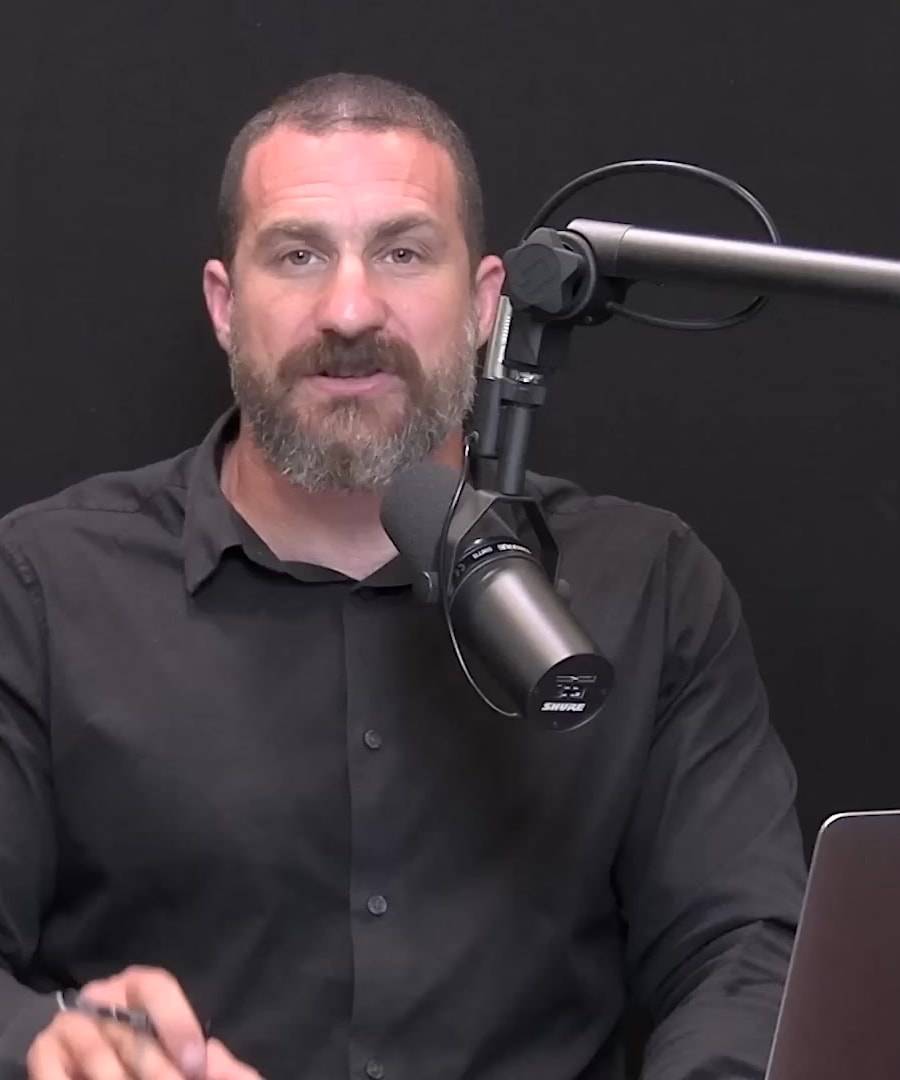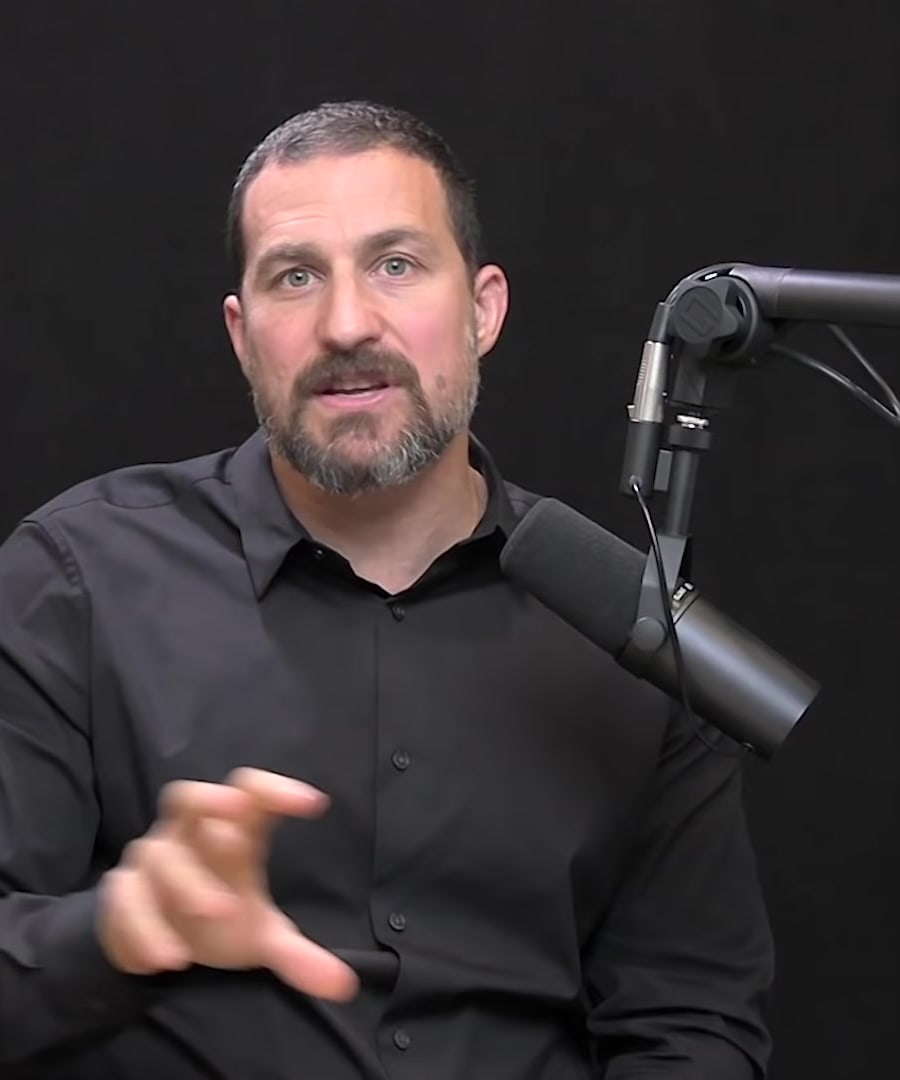What is difference between deep sleep and REM sleep?
Sources:
Deep sleep and REM sleep are different stages of sleep that serve distinct functions and exhibit characteristic brain activity.
Deep sleep, or slow-wave sleep, is when the brain produces large, slow brain waves. This stage is considered very restorative, and it's hard to wake someone from this state. When awakened from deep sleep, people are often confused and can easily return to sleep 1. During this stage, the body experiences decreased heart rate, breathing, and muscle activity, and it's the time when the body conducts tissue repair, growth hormone release, and overall physical renewal.
REM sleep, or rapid eye movement sleep, is characterized by rapid movement of the eyes, vivid dreaming, and increased brain activity that resembles an awake state. However, during REM sleep, serotonin and norepinephrine levels drop significantly, and the body is effectively paralyzed to prevent acting out dreams. REM sleep is thought to support brain functions like learning, memory consolidation, and emotional processing 1 2.
Over the course of a night, sleep cycles between deep sleep and REM sleep, with the proportion of REM sleep increasing in the later cycles closer to morning. If someone's deep sleep is disrupted and they begin sleeping at a time when REM would normally dominate, their sleep will consist mostly of REM, and they will be significantly deficient in deep sleep. Thus, both stages are reciprocally regulated and are essential for different aspects of restoration and function 3.
In summary, both deep sleep and REM sleep are critical to overall health, playing distinct and important roles in the body's physical and mental restoration processes.
RELATED QUESTIONSHow do I get more deep sleep?
Sources:
To get more deep sleep, suggests several actionable steps. Here are key strategies based on his advice:
- Maintain low to no light environments before bedtime to support deep sleep by keeping your environment dark or dim 1.
- Adjust room temperature to aid in deep sleep. The room should be cool as the body needs to drop 1 to 3 degrees to fall asleep and stay asleep 1.
- Practice good eating timing by ensuring well-timed meals before sleep. A small meal 2 hours before bed can aid in preventing middle-of-the-night awakenings 2.
- Manage fluid intake to minimize waking up at night to use the restroom 2.
- Engage in Non-Sleep Deep Rest (NSDR) practices that help teach the body to relax and could improve sleep quality. One version of NSDR can be found for free on YouTube by searching "Huberman NSDR" 3.
- Consider the right supplements, if needed. Theanine and other elements of the "Huberman Lab sleep stack" may help some people, though emphasizes getting sleep right through light management, exercise, and other behavioral methods first 2.
- Change the temperature of your sleeping environment across the night; slightly cooler in the beginning and warming up towards the morning. Adjustments in temperature can help you get into deeper sleep 4.
Always validate these strategies with your personal experiences and preferences, and consult healthcare professionals before making significant changes to your sleep habits or environment, especially if considering supplements.
RELATED QUESTIONSHow does glycine help me?
Sources:
Glycine can help enhance your ability to fall asleep and the overall quality of sleep. , in his personal use, describes taking two grams of glycine every third or fourth night alongside other supplements in his sleep stack, which includes magnesium threonate, apigenin, and theanine. He notes that doing so greatly improves his ability to get into sleep. However, only adds glycine and GABA occasionally because he finds that taking them too frequently can make the entire sleep stack less effective 1.
It's important to remember that supplement use can vary between individuals, and what works for one person may not work for another. Always consult with a healthcare professional before starting any new supplement regimen to ensure it is appropriate for your specific health needs and conditions.
RELATED QUESTIONSWhat does L-threonate do for me?
Sources:
Magnesium L-threonate may have several potential benefits. Specifically, it's been associated with improving sleep due to its ability to cross the blood-brain barrier and increase neurotransmitters like GABA, which promote relaxation and help turn off the brain's active thinking processes 1. This form of magnesium can help with both falling asleep and staying asleep 2.
Apart from its sleep-related benefits, magnesium L-threonate has also been pointed to in supporting neuron health and longevity, which is an added bonus 3. The usual recommended dosage is typically around 145 milligrams, and it should be taken 30 to 60 minutes before sleep 4. However, it's important to note that individual responses can vary, and some people may experience digestive discomfort from magnesium L-threonate 2. It is always best to consult with a healthcare professional to determine the appropriate dosage and to check if magnesium L-threonate is a suitable supplement for your specific health needs.
RELATED QUESTIONS
What is difference between deep sleep and REM sleep?
- RELATED QUESTIONS
How do I get more deep sleep?
- RELATED QUESTIONS
How does glycine help me?
- RELATED QUESTIONS
What does L-threonate do for me?
- RELATED QUESTIONS











